Medicine details
| Image |  |
| Name | Avomine |
| Dosage | Tablet |
| Generic Name | Promethazine Theoclate |
| Classes |
Respiratory Agent Antihistamine |
| Diseases |
Allergic Reaction Hive Itching Motion Sickness Nausea Rash Runny Nose Sneezing Vomiting Watery Eye |
| Company | Sanofi Aventis (BD) Ltd. |
Drug Package Details
| Strength | 25 mg |
| Storage Condition | |
| Origin Country | Bangladesh |
| Commercial Pack | 500 |
| Price per pack | ৳ 285.00 |
| Cost per pack | ৳ 250.80 |
| Package unit | 10 tabs strip |
| Price per unit | ৳ 0.57 |
| Cost per unit | ৳ 0.50 |
| Discount | 0 |
| Coupon | |
| Remarks |
Promethazine Theoclate
Promethazine is an H1 receptor antagonist. In addition to antihistaminic properties, it has clinically useful sedative and antiemetic properties.
Promethazine is indicated for:
- Perennial and seasonal allergic rhinitis
- Vasomotor rhinitis
- Allergic conjunctivitis due to inhalant allergens and foods
- Mild, uncomplicated allergic skin manifestations of urticaria and angioedema
- Amelioration of allergic reactions to blood or plasma
- Dermographism
- Anaphylactic reactions, as adjunctive therapy to epinephrine and other standard measures, after the acute manifestations have been controlled
- Preoperative, postoperative, or obstetric sedation
- Prevention and control of nausea and vomiting associated with certain types of anesthesia and surgery
- Therapy adjunctive to meperidine or other analgesics for control of post-operative pain
- Sedation in both children and adults, as well as relief of apprehension and production of light sleep from which the patient can be easily aroused
- Active and prophylactic treatment of motion sickness
- Antiemetic therapy in postoperative patients
- Allergy: The typical oral dose is 25 mg before retiring; however, 12.5 mg may be taken before meals and before retiring if needed. Single 25-mg doses at bedtime or 6.25 to 12.5 mg three times per day are usually sufficient. Following the start of treatment in children or adults, the dosage should be reduced to the smallest amount necessary to relieve symptoms. Minor allergic transfusion reactions can be controlled by administering promethazine HCl in 25-mg doses.
- Motion Sickness: On succeeding days of travel, it is recommended that 25 mg be given on arising and again before the evening meal. For children, Promethazine Tablets, Syrup, or Rectal Suppositories, 12.5 to 25 mg, twice daily, may be administered. The typical adult dose is 25 mg twice daily. The first dose should be taken one half to one hour before planned travel, and it should be repeated 8 to 12 hours later if necessary.
- Nausea and Vomiting: The average effective dose of Promethazine for the active therapy of nausea and vomiting in children or adults is 25 mg. When oral medication cannot be tolerated, the dose should be given parenterally (cf. Promethazine Injection) or by rectal suppository. 12.5- to 25-mg doses may be repeated, as necessary, at 4- to 6-hour intervals.
- Sedation: Sedation can be achieved in children by administering 12.5 to 25 mg Promethazine orally or via rectal suppository at bedtime. For nighttime, presurgical, or obstetrical sedation, adults typically require 25 to 50 mg.
The following side effects are associated with promethazine-
- Drowsiness
- Sedation
- Somnolence
- Blurred vision
- Dizziness
- Tinnitus
- Arrhythmia
- Urticaria
- Dry mouth
- PROMETHAZINE SHOULD NOT BE USED IN PEDIATRIC PATIENTS LESS THAN 2 YEARS OF AGE BECAUSE OF THE POTENTIAL FOR FATAL RESPIRATORY DEPRESSION.
- In patients with narrow-angle glaucoma, prostatic hypertrophy, stenosing peptic ulcer, pyloroduodenal obstruction, or bladder-neck obstruction, anticholinergic drugs should be used with caution.
- In patients with cardiovascular disease or impaired liver function, Promethazine Tablets and Suppositories should be used with caution.
- Promethazine Tablets and Suppositories may cause excessive drowsiness or impair the mental and/or physical abilities required for potentially hazardous tasks such as driving a car or operating machinery. Alcohol and other central nervous system depressants, such as sedatives/hypnotics (including barbiturates), narcotics, narcotic analgesics, general anesthetics, tricyclic antidepressants, and tranquilizers, may exacerbate impairment.
Contraindication
- Promethazine Tablets and Suppositories are contraindicated in individuals known to be hypersensitive or to have had an idiosyncratic reaction to promethazine or to other phenothiazines such as-
None known.
- Promethazine Tablets and Suppositories are contraindicated for use in pediatric patients less than two years of age.
- Promethazine Tablets and Suppositories are contraindicated in comatose states.
- Antihistamines are contraindicated for use in the treatment of lower respiratory tract symptoms including asthma.
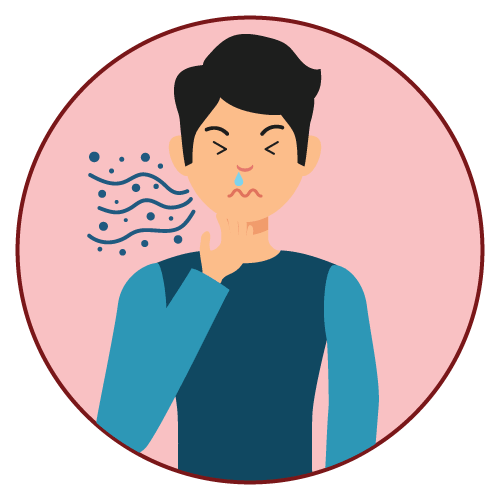



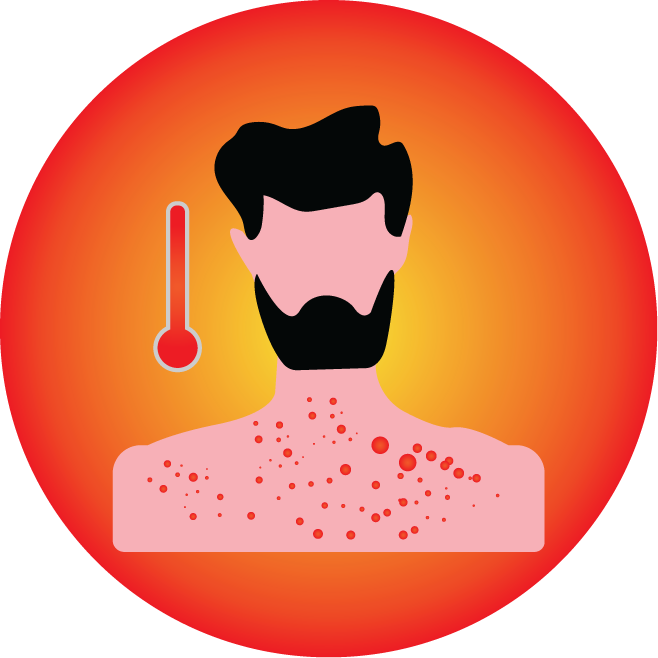


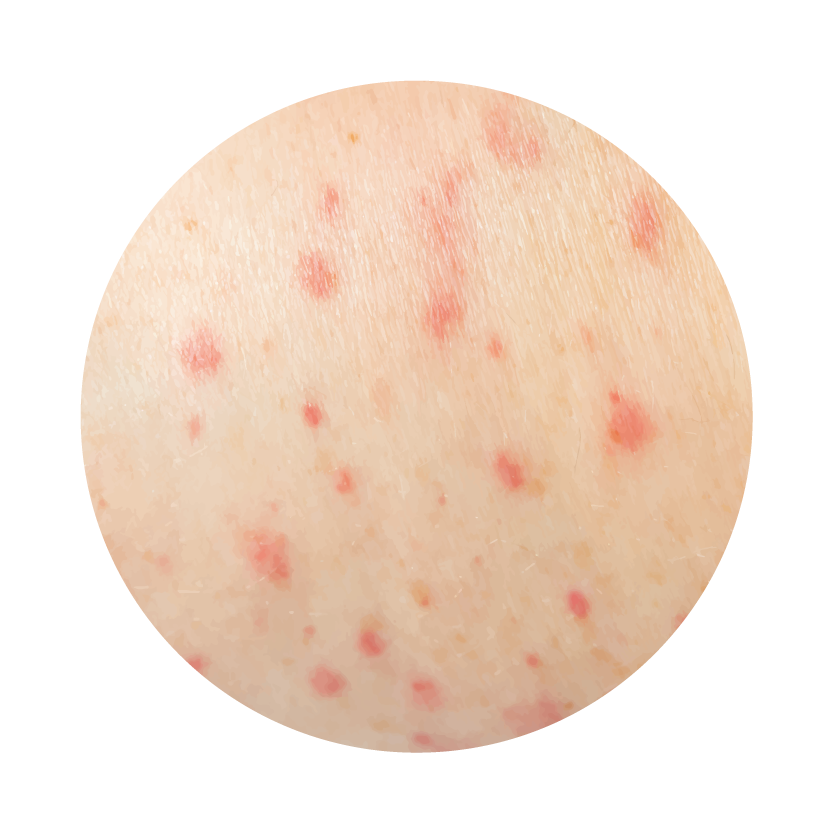
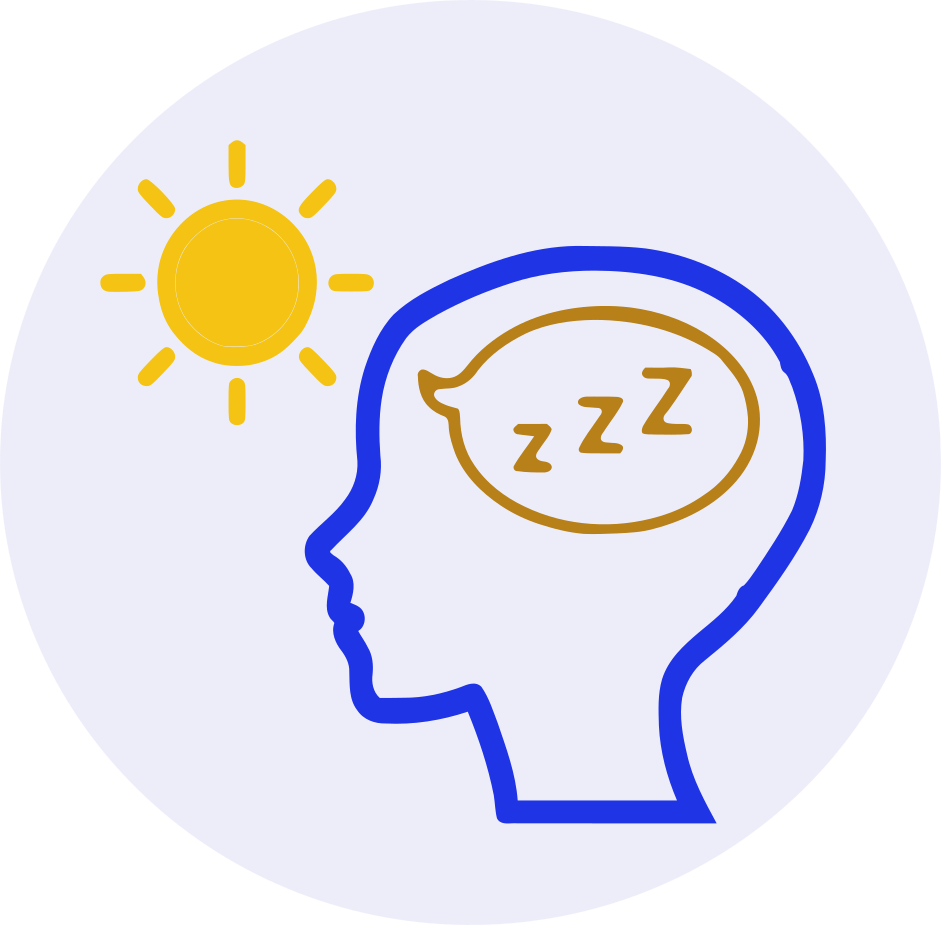
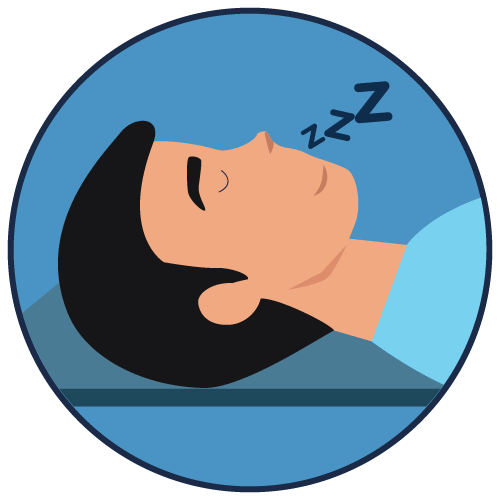
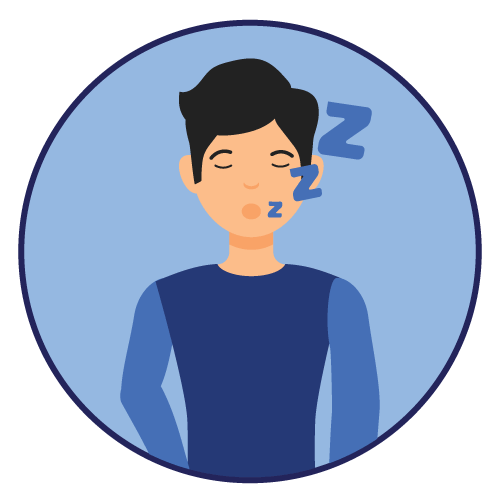


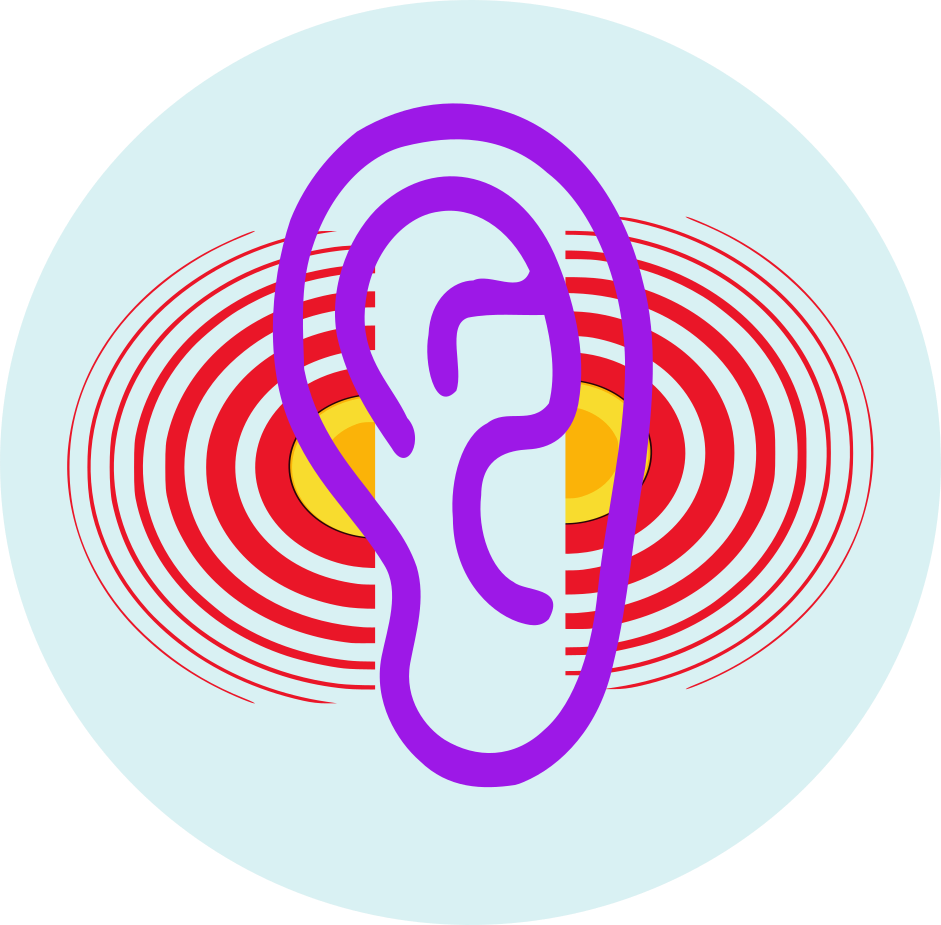
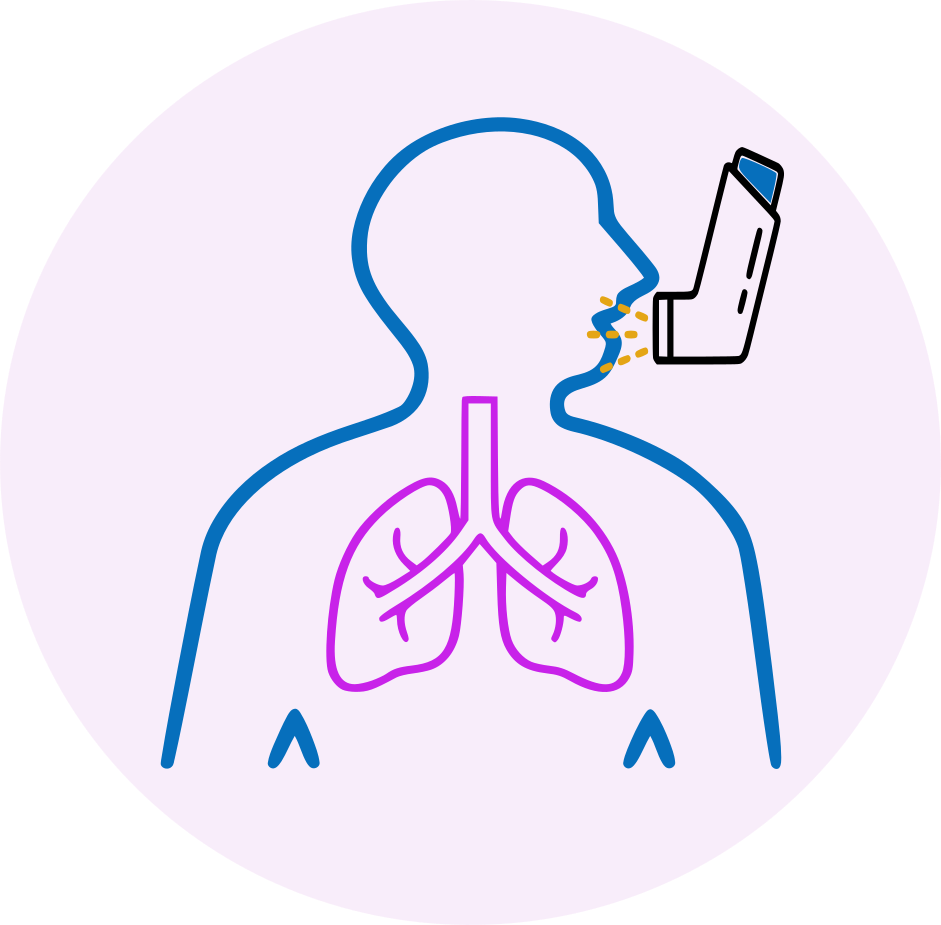
 Bangla
Bangla English
English